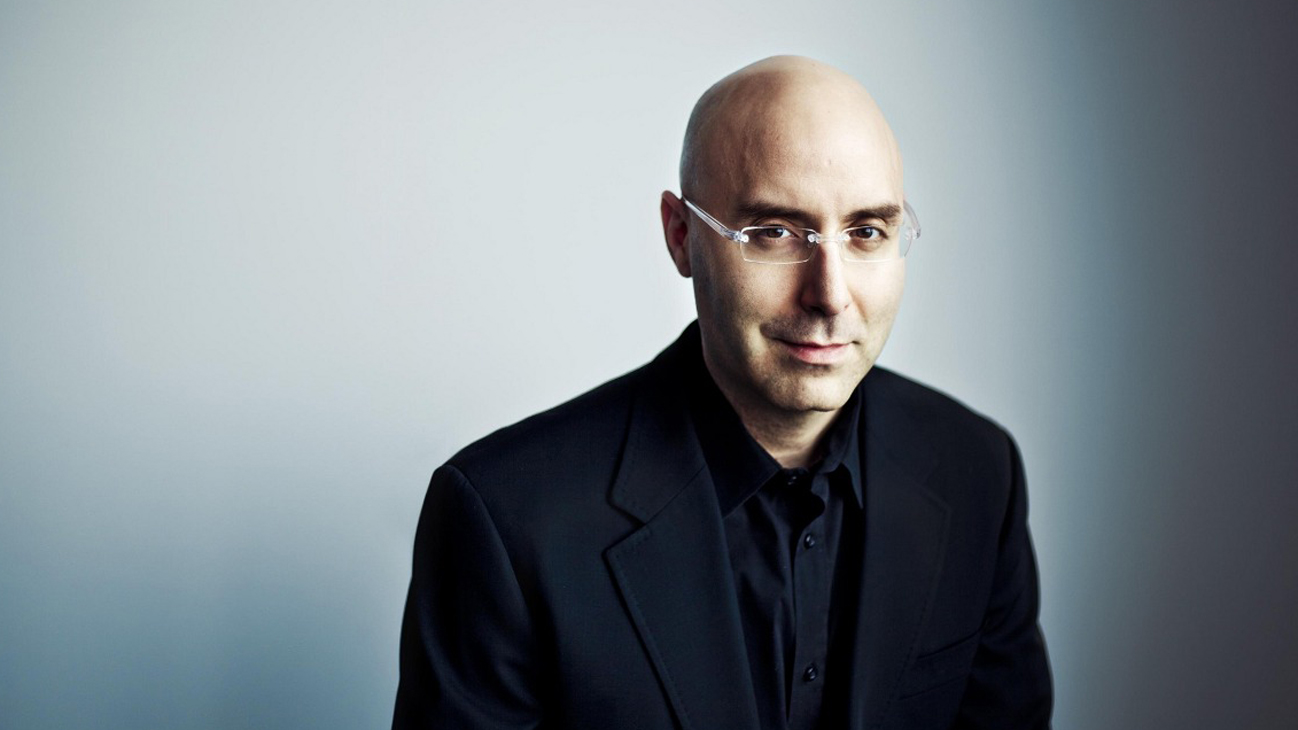When Google wanted to explain online marketing to the world’s top brands, they brought in none other than Mitch Joel. Dubbed “the rock star of digital marketing” by Marketing magazine, he helps companies understand and harness digital-marketing and new-media opportunities, allowing them to stay on top of, and ahead of, the trends—in social media, blogging, podcasting, mobile, e-commerce, and more. Forbes recently interviewed Mitch about his reading and learning habits:
What is your daily reading habit?
My daily reading habit is the exact same as my daily breathing habit. I am constantly and consistently reading something. The biggest difference is that I do my best to recognize how much reading I am doing. I do this because, as I get older, it became abundantly clear to me that the more I read the more informed I am. The more informed I am, the better the ideas are. The better the ideas are, the more creative I become. So, whether it’s a handful of books that I’m reading on my iPhone, or saving links on Pocket that people are sharing on social media, I am an infovore: constantly on the hunt for something to read now… or save for later. The biggest difference in my reading habits from my peers (in terms of casual conversations about the topic with them) is that I lean towards books and longer-form content. So, while I am reading my Twitter feed. I don’t consider it ‘reading’ in my mind. On top of that, the more I read, the more I feel inspired to write. That’s probably the greatest motivator to read as much as I breath.
How do you learn?
My best learning happens when I combine my passion for reading with the burning desire that I have to write. There is something about reading a vast array of content and allowing your mind to percolate into a series of questions that can only be answered by writing them out. This is really why I blog at such a frenetic (and long) pace. It’s not about what the best practice is for getting attention on a blog. It’s much more about my desire to learn. I just so happen to publish it for the world to see (scars and all). So, while many business books teach me a ton, I feel that my best learning happens after I publish some thoughts on a particular subject. Of course, the discourse on top of that (comments, tweets, shares, etc…) also teaches me a ton about differing perspectives and additional insights. I’m also quite passionate about attending seminars and conferences. I have the pleasure of speaking in front of audiences all over the world, and I often learn a lot more when I’m done with my presentation, grab a seat, notebook and pen, and head into the audience to soak in the content.
What has been a recent source of inspiration?
I was recently interviewing Ragy Thomas (for my podcast and an article). He is the CEO of Sprinklr, a company that specializes is helping large enterprises use social media in a more efficient way. As he was talking about how his software works – in ensuring how employees of a large organization can better see the flow of content and who is creating it – it made me think about the future. It made me realize that all of our devices (and the products and services that we use) will all be connected soon (hello, Internet of Things). What this could mean is that these devices and brands will become self-diagnosing. Fixing everything from software bugs to the ability of your car to make its own service appointment without your intervention (hello, GM recall?). This idea that technology will be better at customer service and social media than humans, wound up inspiring my regular column in Strategy Magazine on marketing innovation, and also gave me some ideas for both client works and future articles.
Any advice for someone who wants to do what you do?
It’s a lot of hard work. I don’t mean the kind of hard work and dedication that you put into a regular job. It’s a lifestyle. It’s a lifestyle choice. What I have realized in my many decades of work (some as an employee and some as an entrepreneur) is that you can’t fake it. For every project and job that I have ever taken, it was under the ideology that I would take full ownership and responsibility for the outcome. I acted as if it were a child of my own. I try to bring that ethos to everything that I do: be it winning at new client at Twist Image, writing a blog post or asking to give a presentation. I want the end state to be that it was unique. Something that only I could deliver. Hard work is not always about the hours that are put in, it’s more often about the dedication and devotion to the craft. The craft of not just mastering something, but constantly learning and pushing oneself to learn more. To be better. I always want to be better. If you bring that philosophy to your own work, you will be successful (in however you define that word).

